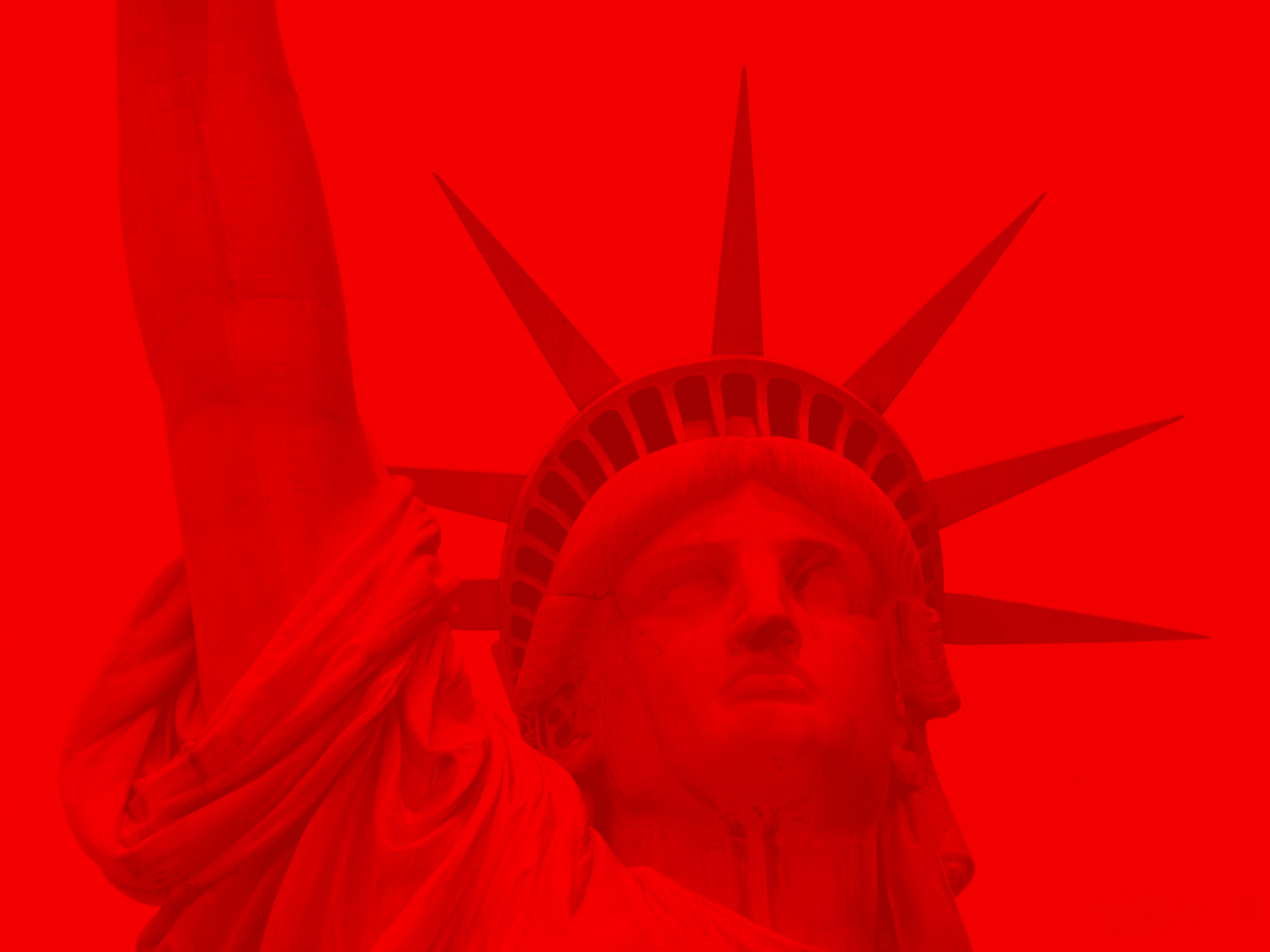The Morning Everything Changed
When I woke up that morning in France on February 24th, 2022, it was still dark. I reached for my phone, expecting another ordinary day. Instead, the first headline I saw said everything had changed: Russia had invaded Ukraine.
In that moment, I instinctively knew nothing would be the same again - not for me or millions of others. It felt like the world had cracked.
Until then, my life had been relatively straightforward. I was a teacher at St. Jo in Le Havre. My days followed a quiet, familiar rhythm: lesson plans, coffee breaks, marking papers. Predictable. But when war knocks, routine doesn’t matter. I didn’t sit down to make a plan. I just started moving.
Within weeks, I hosted more than 30 Ukrainian refugees in my home. I began teaching French to those who had fled, more than 200 people over time. I helped families find shelter in Le Havre and Honfleur, supported them in their job searches, and guided them as they started over.
From 2022 to 2024, I crossed the border into Ukraine 25 times, packing my car with supplies and spending school holidays delivering aid. Then, in August 2024, I stopped commuting. I moved to Ukraine full-time. Teaching here isn't about textbooks anymore. It’s about holding space in chaos.
When War Stops Being Abstract
I didn’t gradually ease into this new life. I dropped straight into it. I couldn’t eat. I couldn’t sleep. My body reacted before my mind caught up. I lost 35 kilos in three months - not from dieting, but from stress, sleepless nights, and trying to hold too much at once. Some moments still sit on my chest, like walking through North Saltivka in Kharkiv in 2023. What was once a neighborhood full of life was reduced to wreckage.
I also remember standing in Bucha beside a red Mitsubishi Colt with a white flag tied to its window. The family inside had tried to flee. A tank shelled them. The car still had blood on the seats. Bits of hair clung to the fabric. A mother, a father, two children - all gone. When you stand there, looking into that car, you see that you no longer read about war. It gets into your bones.
Try explaining war to someone who hasn’t lived it. You can’t. It’s not just sirens and rubble. It’s unraveling everything you once leaned on: schedules, sleep, and the feeling of safety. You lose your sense of time, and sometimes even your sense of self. You can’t prepare for this, but if anything helps, it’s inner resilience, knowing who you are, and having habits that hold up when everything else falls away.
There was no moment where I said, “I’m going to start helping now.” The needs just kept coming. One by one: first food, then jobs, housing, schoolbooks. At some point, it becomes your life.
It’s not without risk. I’ve had to reroute around shelling in Kherson and Saltivka. I’ve passed through checkpoints that turned tense in seconds. In Kyiv, I’ve woken up to the sound of intercepted missiles lighting up the sky. You never get used to it but you learn to live with it.
Most of the people I work with aren’t soldiers. They’re teachers, mothers, and grandparents who stayed. Kids who have seen far too much. Their grief doesn’t always come out in words. Sometimes it’s in the way a child flinches or the way a mother clutches her son’s backpack like a lifeline. And still, they rebuild - not because it’s easy but because it’s all they can do.
A Future Worth Fighting For
Why do I stay? I stay because this is where I’m meant to be. My family came to Ukraine in 1995. It became part of me. I’ve lived between France and Ukraine most of my life, but I reached a point where helping from a distance wasn’t enough. I needed to be here not as a visitor but as someone who belongs.
There are things I’ll carry with me for the rest of my life. That red Mitsubishi in Bucha is one of them. I had read about it before. But standing next to it made everything sink in. It was no longer a story. It was real. That moment is why I’m still here.
I haven’t done this alone. Back in France, colleagues helped coordinate donations, and some of my former students translated at refugee centers. In Ukraine, I work with teachers who give everything they have - money, time, and heart to keep school going for children living through something they should never have to understand.
The biggest surprise? The students. They still come to class. They still want to learn. Even with trauma in their eyes, they search for connection, for structure, for hope. School is no longer just about education. It’s a lifeline, a sign that there’s still a future.


